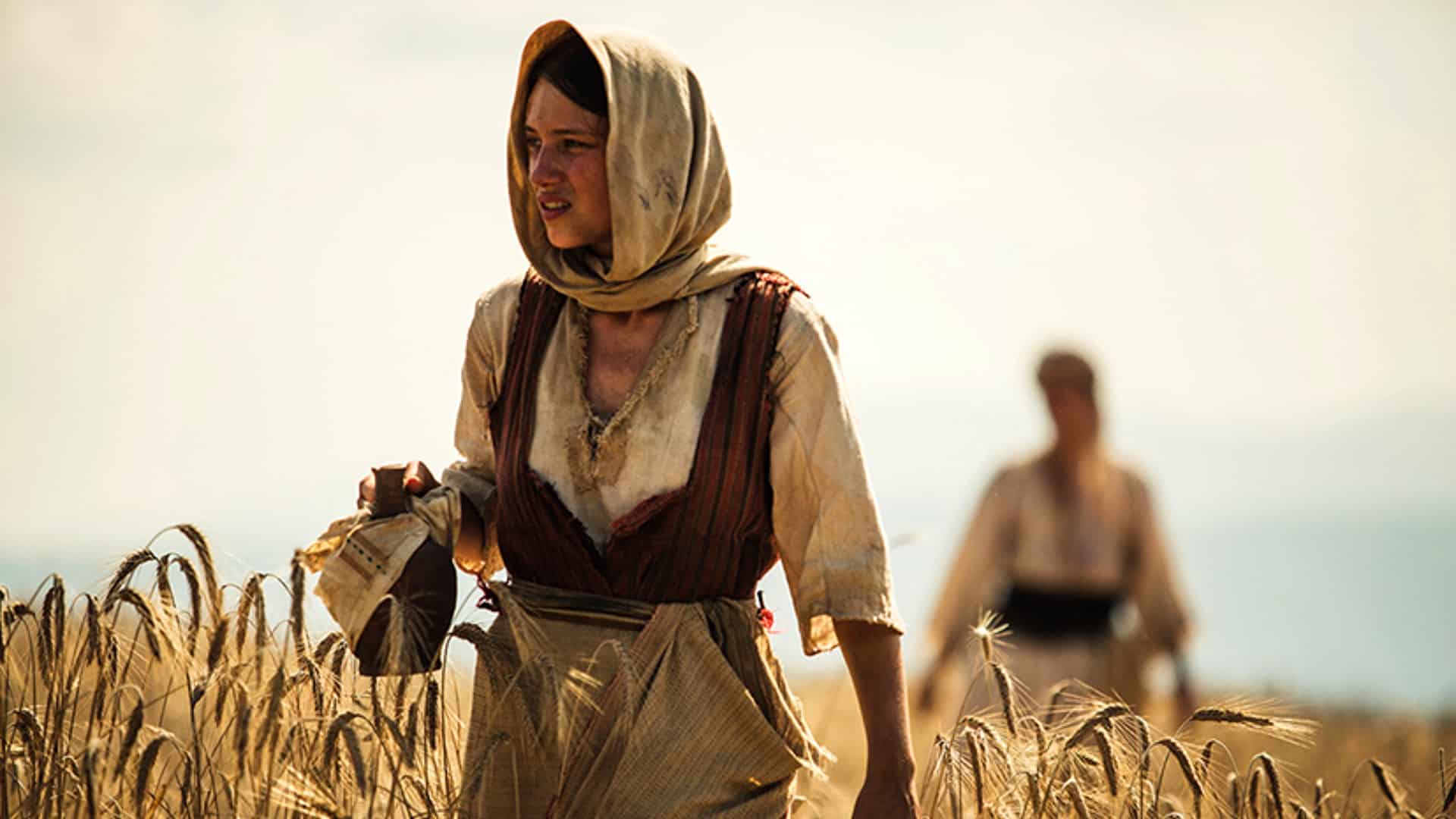
The latest film by the American-Macedonian film director Milcho Manchevski’s, Willow, was released on October 19th 2019 at the Rome Film Festival, starring an all-Macedonian and predominantly female lineup of exquisite actors. The international award winning and Oscar nominee film writer and director Milcho Manchevski has once again created a movie that tackles the phenomenon of the physical brutality of embodied femaleness. “Once again” refers to the fact that it is not only a recurring motive in most of his films beginning with Before the Rain (1994) but also a central theme in one of his most controversial films, Mothers (2010). Not unlike what we could see in Mothers, marked by controversial reception ranging from calling the film misogynist to radically feminist (1), we are led to the conclusion that, at its core, misogyny is inextricable from the contempt if not disgust toward female physiology.
In Mothers, we could see that the aging female body of a mother is an invitation to sexual aggression and the desire for its annihilation through mutilation and, finally, murder. In Willow (2019), we are confronted with the brutal reality of “motherhood” as a matter of conception, child bearing, child loss (death of a child and miscarriage). “Motherhood,” “procreation,” “parenting,” “family” are all notions of culture, embedded in and conditioned by historic and socio-economic particularities. Yet again, Willow demonstrates that all of these categories are brought to existence or are literally materialized in no other way but by recourse to a female body, female physiology, a reality that is inextricable from that of women’s psychology and in particular from its maternal aspect.

Indeed, the moto of the film is “A mother does not give birth, a mother loves,” but, like in all of Manchevski’s movies, in Willow too the audience is made aware that motherhood, procreation, maternal love and grief take place through the female body, or for that matter through any body or through the body tout court. It takes place by way of embodiment, principally that of motherhood, but also through the physically embodied network of kinship and other forms of sociality.
The first story in the film is historically situated in medieval North Macedonia, most probably situated in the era of the Ottoman empire. We see human bodies toil, together with the bodies of domesticated farm animals, in endless effort to produce food on the table, bring forth livelihood. We see painful rituals of conception, as we could see the painful child birth in the field in which Donka (Sara Klimoska) worked a moment ago, unassisted by a midwife or any other person who could offer support. The husband and father stands aside, listening to the screams of pain of the mother to be, in terror and anxious expectation. Sublimity of motherhood is not to be detached from the “vulgar” reality of the body, as the magic and matter or physicality go hand in hand in the alchemy of the old witch (Ratka Radmanovic) who is devoutly Christian but weds her faith in alchemy with the old Slavic pagan witchcraft. The price for the witch’s assistance to the couple that sought to conceive is measured in human life – she demands the first born child in exchange for a “gaggle of children” she promises to the couple. When she comes to ask for her prize, the father of the newborn decides to murder the witch who is relentless in her demands to take the child with her, considering the little boy her own in line with the original agreement and the couple’s promise. Magically, the witch manages to recuperate her spoils in the form of the boy’s dead body entangled with the roots of the willow tree under which she is buried.

The film is an omnibus of three stories, and the subsequent two are contemporary: 21st century concept of a nuclear family and independent women. The couples are faced with the issues of poverty (precarious employment) and infertility. It is the craft of technology that seeks to enable conception even though without any success. Painful procedures, hospitals, and despair. Abortion. The young woman who undergoes these endless and relentless procedures Rodna (Natalija Teodosievsa), in a scene where she is dressed up as a bearded man for one of her (at least) two jobs, screams out in desperation to her sister Katerina (Kamka Tocinovski): “Sis, it’s like I do not have a womb. I do not have a uterus!”

The realizations this film has taken me to do not necessarily have to be the writer and director’s messages too. But here they are: motherhood is a social construct stemming from its patriarchal fundaments; granted its inescapable sociality, we must argue that it is neither reducible to a “social construct” nor to a concept of any sort, nor is the concept of motherhood itself – or any concept for that matter – reducible to an idea detached from physicality. If nothing else, this film reminds us – even though through a different route – of Marx’s claim that, in spite of its being abstracted for the purposes of the capitalist political-economy, human labor always comes down to the exploitation of “nerves, and muscles” (regardless of whether manual or mental).
Displaying brutal naturalism combined with magic realism, both visually and in terms of narration, Willow unravels the raw materiality of women’s situatedness in history that has been patriarchal since times perennial. Let us note that it does not tackle this theme from the perspective of identity politics even though the lens of the accounts of the three narratives is subjective and female. Therefore, neither the film nor my short essay on it touches upon the questions of gender and sex and their possible mutual exclusion in terms of identity politics. It does not tackle the question of femininity either and does not ask the question of whether femininity is underpinned by biology. One does not thread that zone of conversation but rather remains on the side of human animality (in the affirmative rather than pejorative sense of the word) and its possible female embodiments. The fact that Manchevski could find or rather invent a language to account of the inexplicable – or of an experience beyond language – is one of the astounding merits of this brilliant and visually mesmerizing film.
- Kolozova, K. “On Manchevski’s ‘Mothers’: An Anatomy of Misogyny,” in Marina Kostova (ed.) Manchevski,Skopje: Ars Lamina, 2015, pp. 357-373.
Katerina Kolozova is a professor of philosophy and gender studies, author of Capitalism’s Holocaust of Animals: A Non-Marxist Critique of Capital, Philosophy and Patriarchy (London UK: Bloomsbury Academic, 2019) and Cut of the Real: Subjectivity in Poststructuralist Philosophy (New York: Columbia University Press, 2014).
